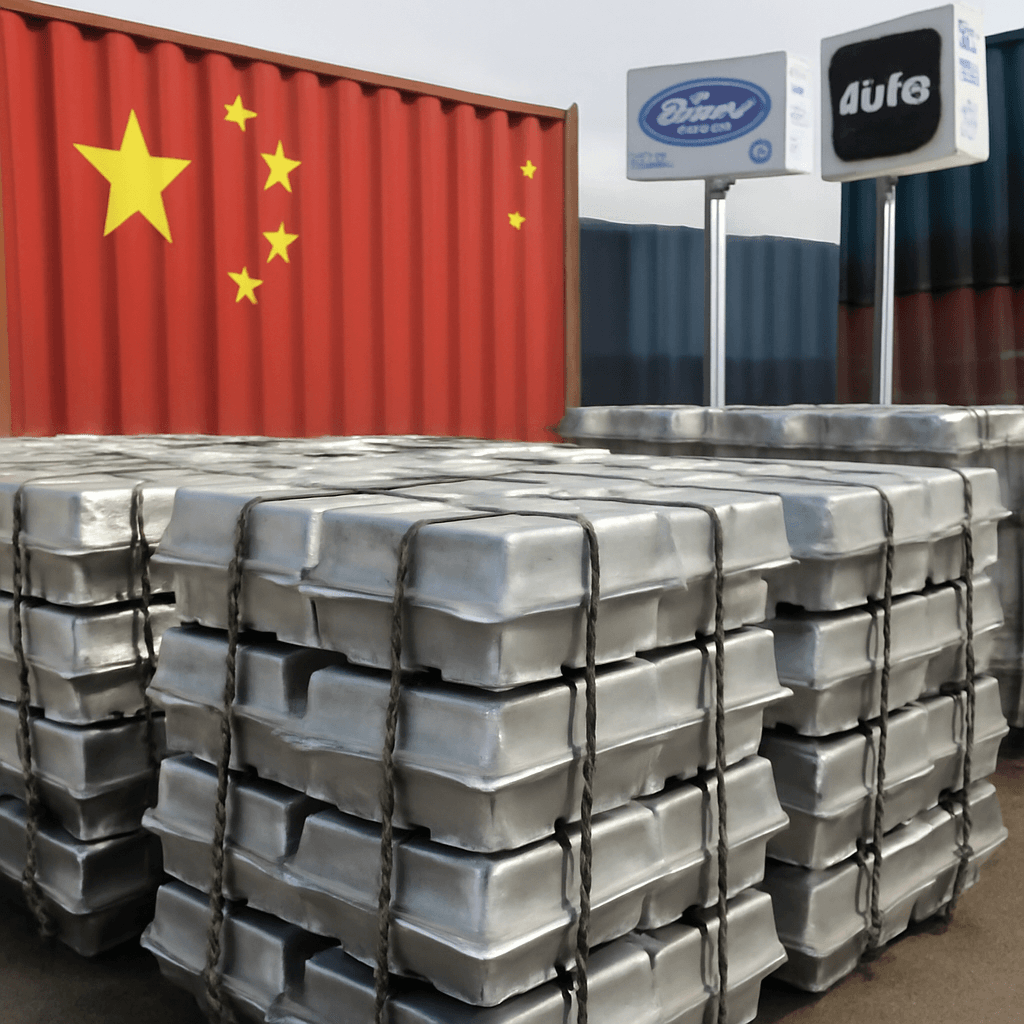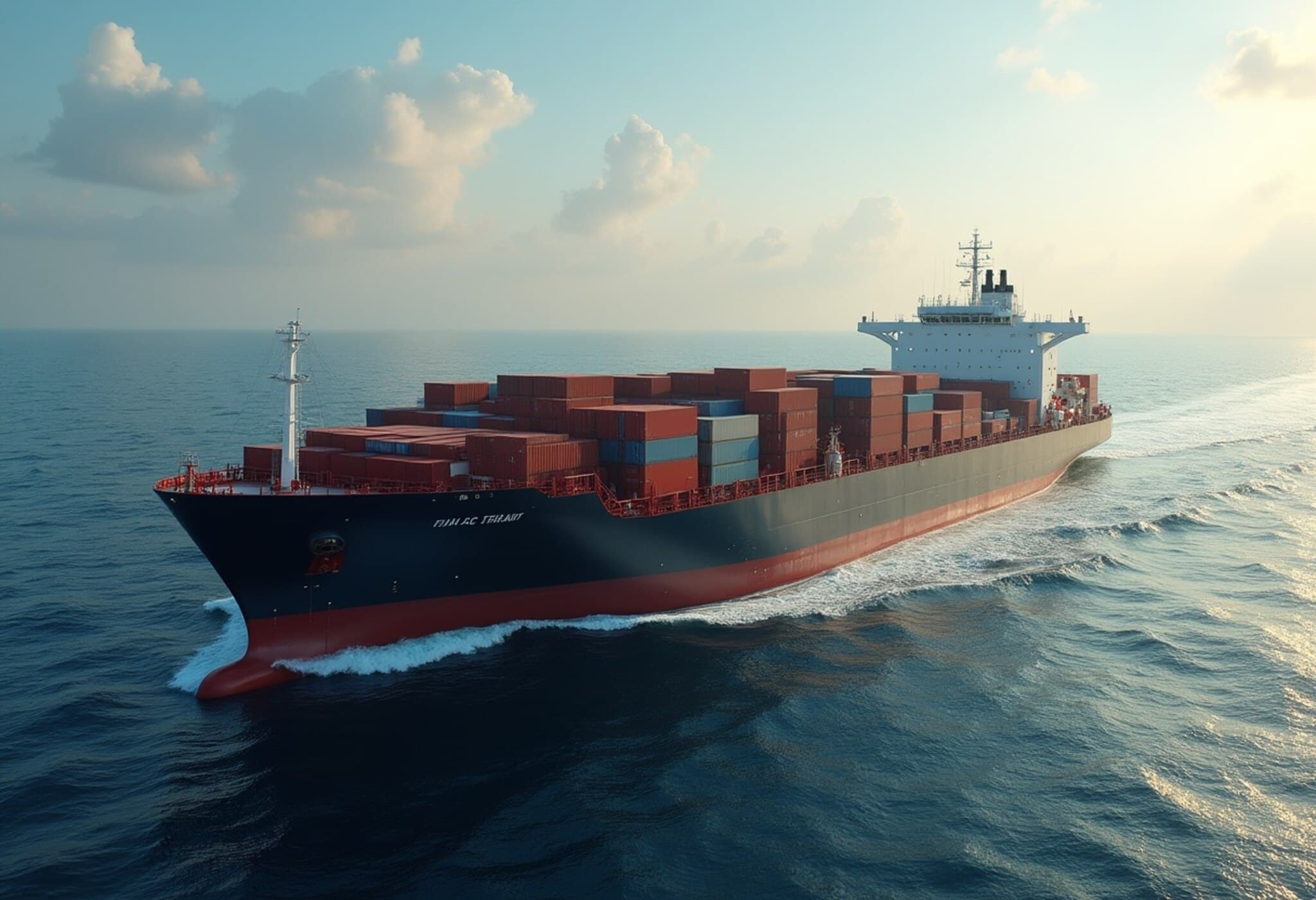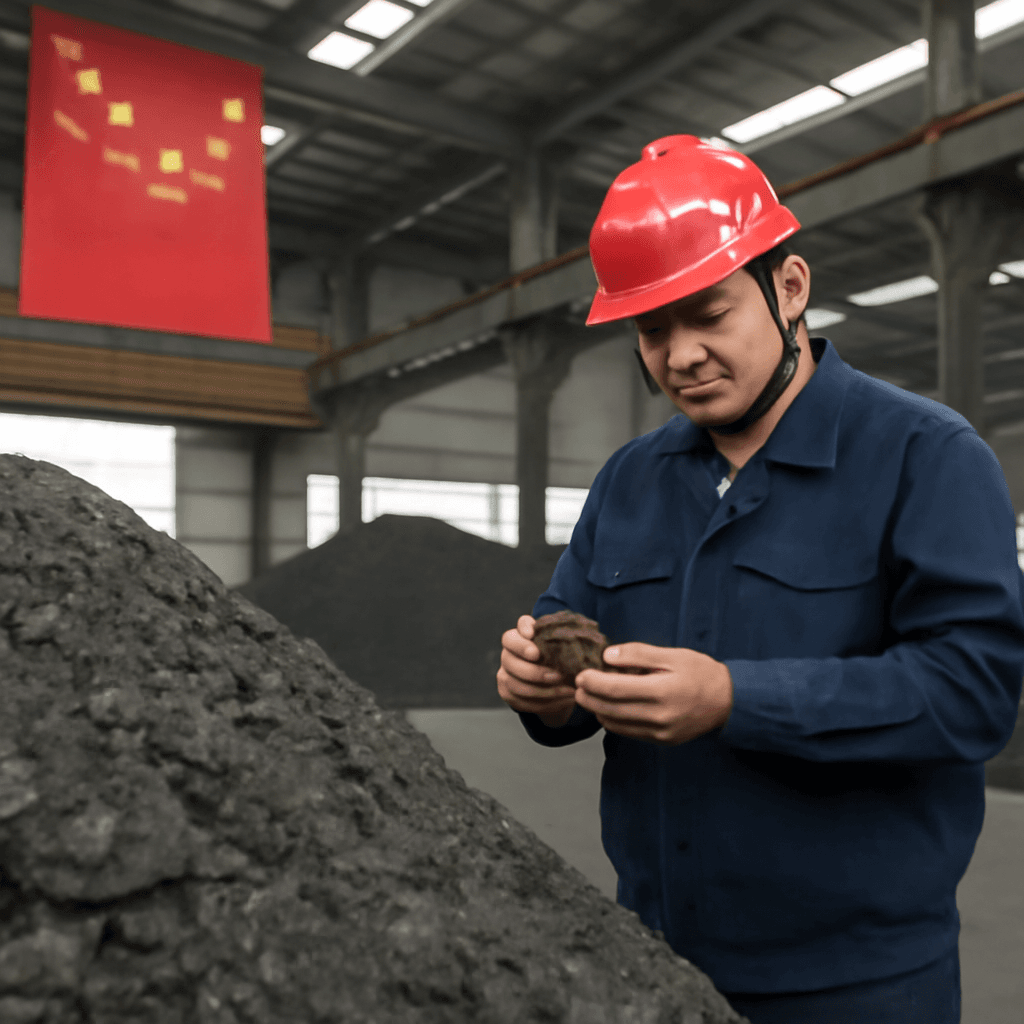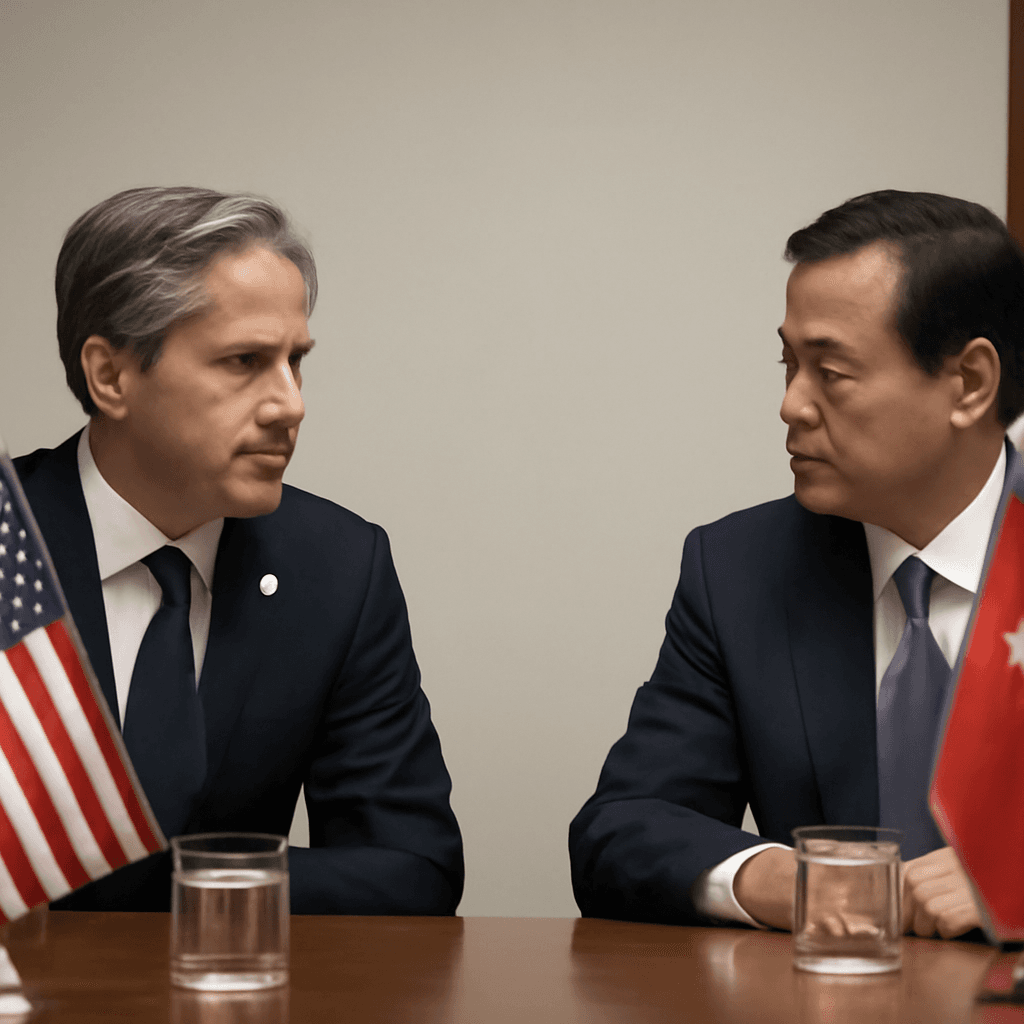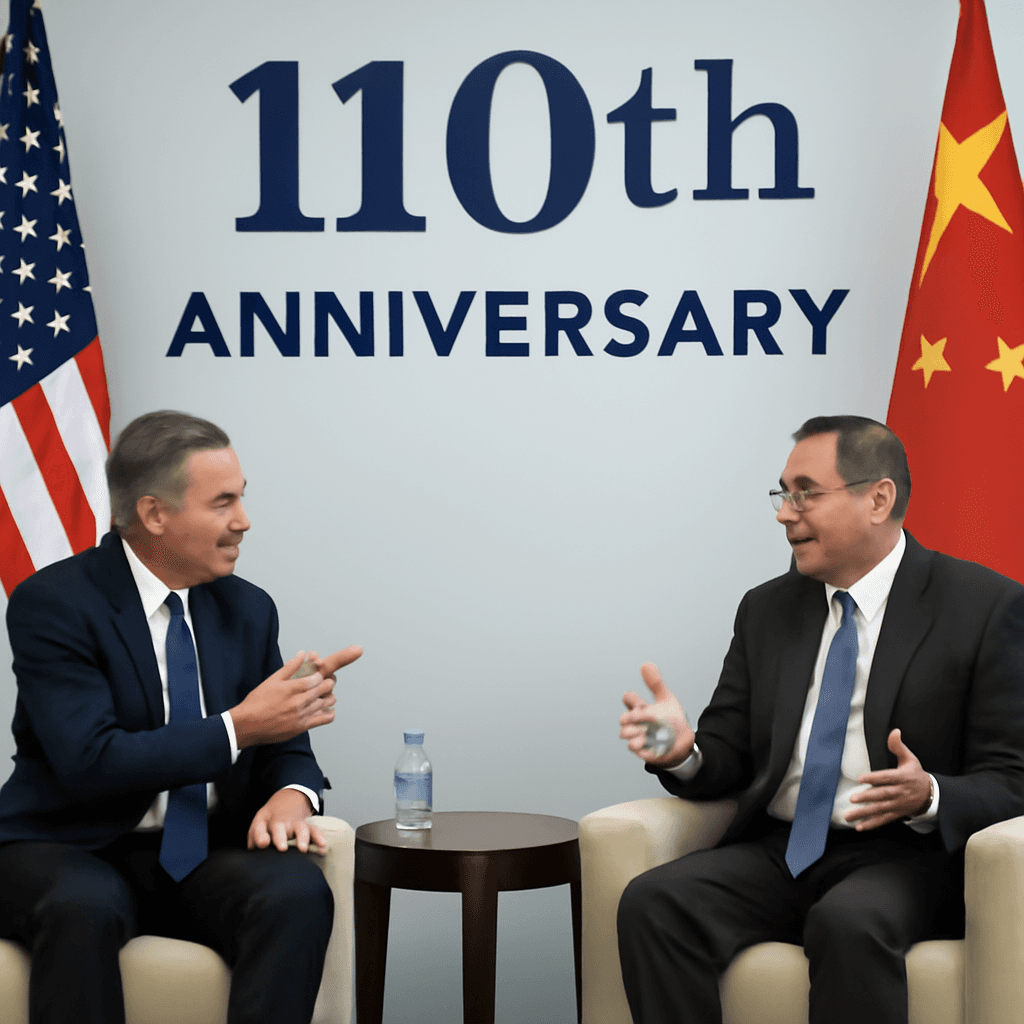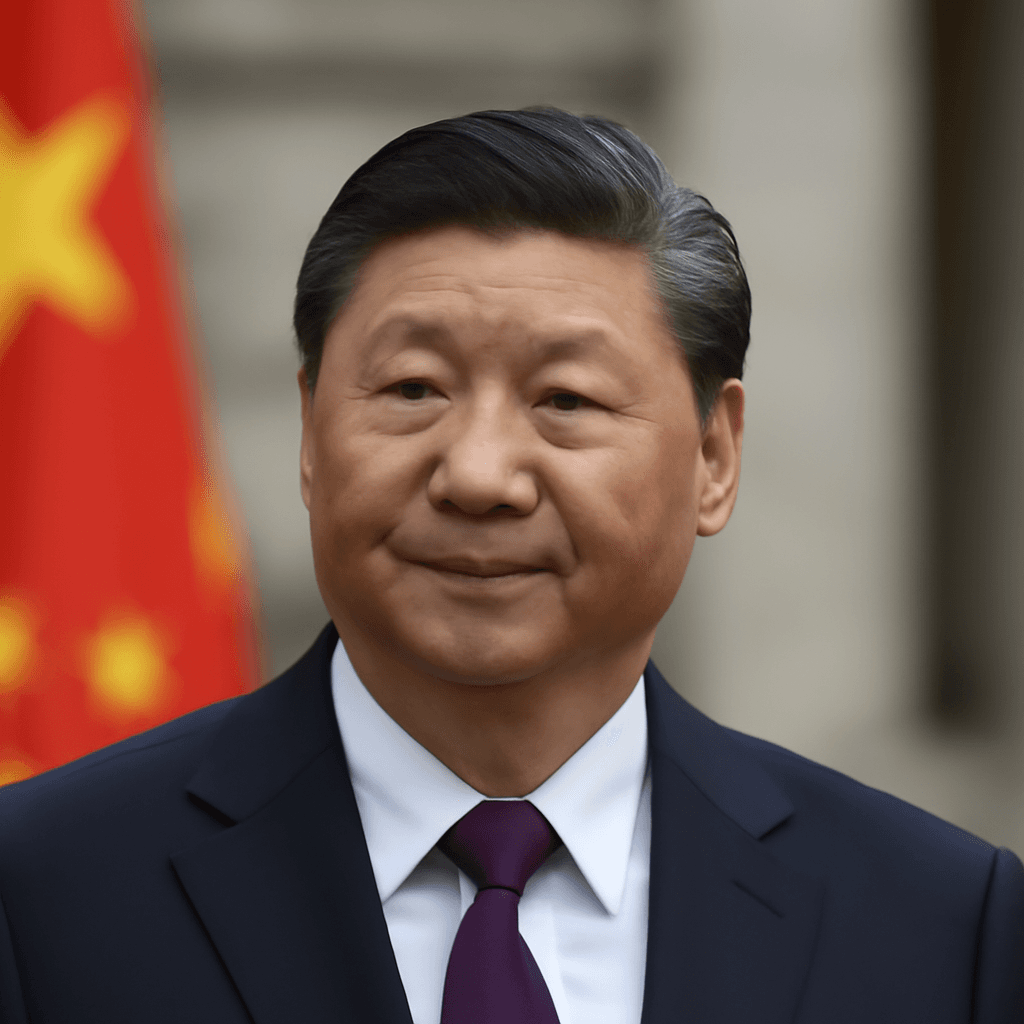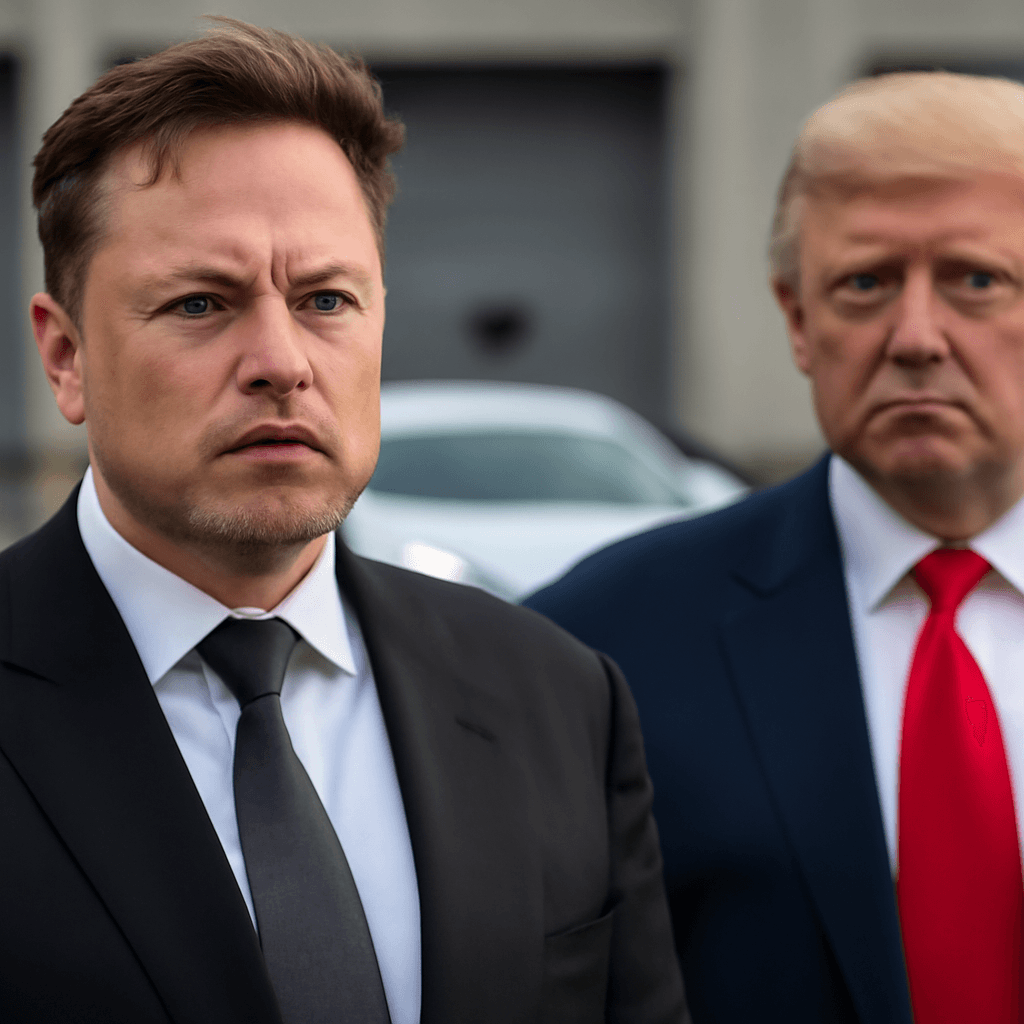China’s Strategic Rare Earth Export Restrictions
China holds a dominant position in the rare earth metals market, accounting for over 60% of global mining production and an overwhelming 92% of refined output. These materials are essential for manufacturing components ranging from electric vehicle motors to renewable energy technologies. Amid escalating trade tensions with the United States, China has implemented stringent export controls requiring licensing for rare earth shipments since April 2025.
Although a tariff agreement in Geneva hinted at potential easing, industry insiders report that these restrictions remain largely unchanged. Licensing processes are marked by opacity and inconsistency, with only roughly 25% of applications reportedly approved. The European Association of Automotive Suppliers (CLEPA) describes the procedures as unpredictable and sometimes involving forced disclosure of sensitive intellectual property.
Global Dependence on Chinese Rare Earths
Rare earth metals, including neodymium and dysprosium, are critical for producing powerful magnets utilized in electric vehicles (EVs), wind turbines, and other advanced technologies. China’s control over supply chains exposes other regions to significant vulnerabilities:
- Europe imports nearly 98% of its rare earth magnets from China.
- Efforts in the European Union to increase domestic production face challenges such as high costs and insufficient scale.
- Alternatives and diversified sources remain limited, offering no rapid solutions to supply disruptions.
Impact on the Automotive Sector
The automotive industry worldwide is already facing production setbacks due to these export constraints. According to CLEPA, several facilities in Europe have halted production lines, and supply chain disruptions continue to escalate as inventories diminish. Manufacturers report the following consequences:
- Germany: Industry leaders warn of possible production delays or losses if export licensing issues persist.
- Japan: Certain vehicle model production halted due to component shortages involving rare earth materials.
- United States: A major automotive plant paused Explorer SUV production for a week in May owing to supply shortfalls.
- India: Scootermaker Bajaj Auto cautions that output in July could be affected by scarcity of these materials.
Beyond automobiles, the electronics sector is also under strain, with companies facing dwindling stockpiles expected to last only a few weeks or months.
Potential for Resolution and Outlook
Recent high-level talks between China and the United States have signaled a possible easing of export restrictions. Following these discussions, the US administration expressed optimism about overcoming immediate barriers, particularly relating to critical minerals. Nonetheless, a swift and comprehensive resolution remains uncertain.
Markets and industries dependent on rare earth elements are closely monitoring developments, emphasizing the urgency of diversified supply chains and expanded domestic production capabilities outside China.
Key Takeaways
- China controls the majority of global rare earth mining and refining.
- Export licensing restrictions introduced amid the US-China trade war are disrupting global auto manufacturing.
- Europe and other regions lack short-term alternatives to Chinese rare earth supplies.
- Production halts and supply shortages are intensifying worldwide.
- Diplomatic talks offer hope for easing tensions but do not guarantee immediate relief.



